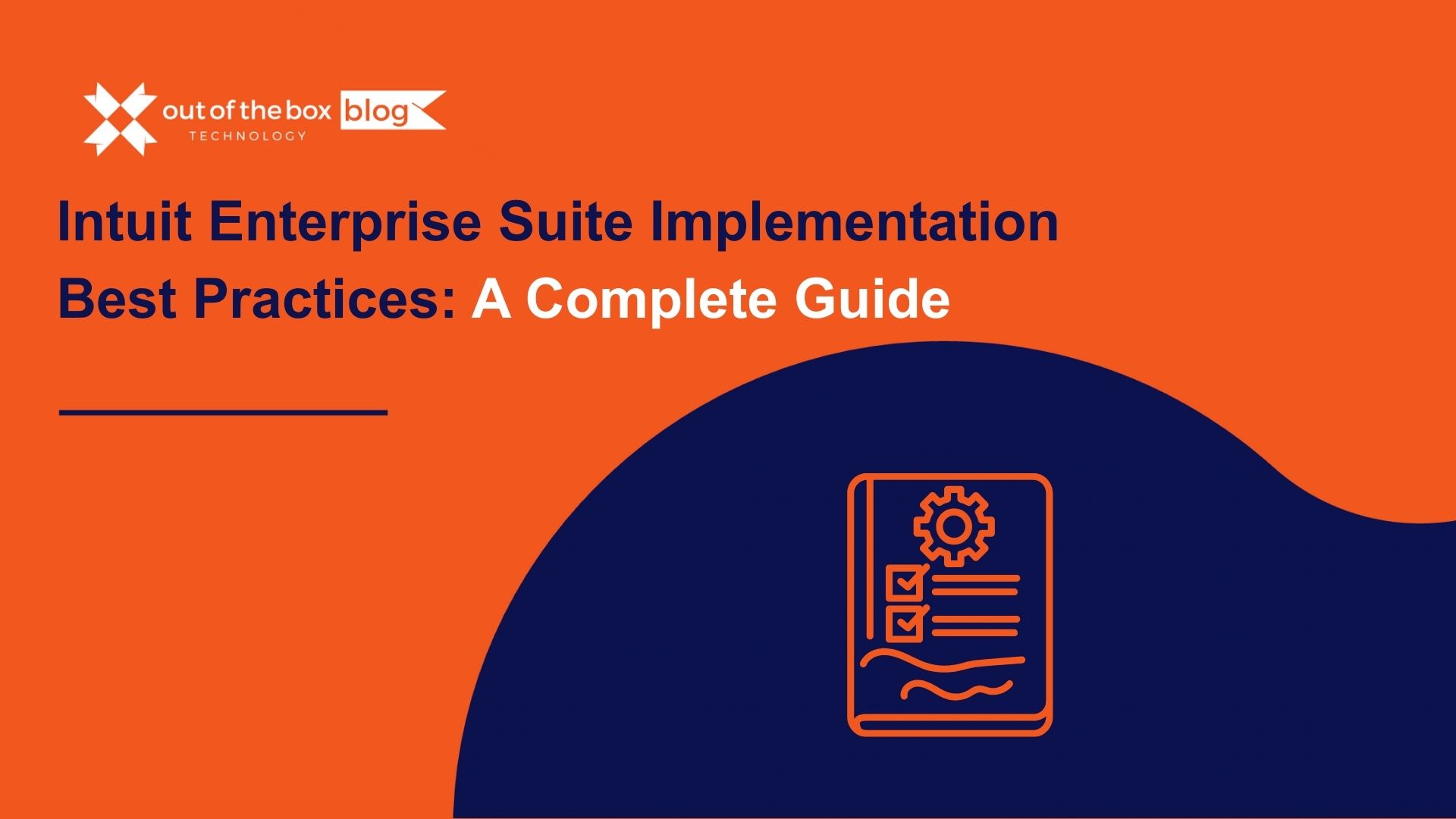In the fast-paced world of small business, it’s easy to get caught up in the daily grind and lose sight of the bigger picture. However, one of the most critical tasks for ensuring long-term success is conducting regular financial reviews. These reviews offer small business owners the opportunity to evaluate their financial health, identify growth opportunities, and mitigate risks. In this article, we’ll dive into the benefits of regular financial reviews, provide actionable steps to conduct them, and address frequently asked questions to help you get started.
What Are Financial Reviews?
A financial review is a comprehensive analysis of your business’s financial performance over a specific period. It involves evaluating key financial statements, such as the income statement, balance sheet, and cash flow statement, to understand the overall health of your business.
Key Components of a Financial Review:
- Income Statement: Examines revenue, expenses, and profitability.
- Balance Sheet: Provides a snapshot of assets, liabilities, and equity.
- Cash Flow Statement: Tracks inflows and outflows of cash to assess liquidity.
- Key Financial Ratios: Analyzes metrics like gross margin, debt-to-equity, and current ratios.
Benefits of Regular Financial Reviews
1. Improved Financial Visibility
Small business owners often juggle multiple responsibilities, and financial clarity can sometimes take a backseat. Regular reviews provide an in-depth understanding of your current financial position, enabling informed decision-making.
Example:
A boutique coffee shop owner conducting monthly financial reviews notices that weekday morning sales consistently outperform other time slots. With this insight, they decide to allocate more resources to marketing weekday promotions, increasing revenue.
Stat: According to a QuickBooks survey, 50% of small business owners feel stressed about finances because they lack a clear understanding of their numbers. Regular reviews can alleviate this stress by providing clarity.
2. Early Detection of Financial Issues
Regular financial reviews help you identify problems before they escalate. Whether it’s an unexpected increase in expenses or declining revenue, spotting these trends early allows for timely intervention.
Example:
A landscaping business discovers through a quarterly financial review that equipment maintenance costs have doubled compared to the previous year. By identifying this trend, the owner renegotiates vendor contracts and implements a preventive maintenance schedule, saving thousands.
3. Informed Budgeting and Forecasting
Financial reviews provide historical data that serves as a foundation for future planning. They allow you to set realistic budgets and financial forecasts based on past performance and trends.
Actionable Tip:
When conducting a review, compare actual performance against your budget. Variances can reveal where you’re overspending or underspending, guiding adjustments.
4. Enhanced Cash Flow Management
Cash flow is the lifeblood of any small business. Regular financial reviews help you monitor cash inflows and outflows, ensuring you have enough liquidity to cover operating expenses.
Data Point:
According to a U.S. Bank study, 82% of small businesses fail due to cash flow problems. Reviewing cash flow statements regularly can significantly reduce this risk.
Example:
A retail clothing store owner notices during a financial review that inventory purchases are draining cash reserves. By switching to a just-in-time inventory model, they free up cash for other essential expenses.
5. Better Compliance and Risk Management
Small businesses must adhere to various tax and regulatory requirements. Regular financial reviews ensure that records are accurate, minimizing the risk of audits, penalties, or non-compliance.
Actionable Tip:
During a financial review, double-check that tax filings, employee payroll, and vendor payments align with legal requirements.
6. Supports Business Growth
Understanding your financial health through regular reviews allows you to identify opportunities for growth. Whether it’s expanding your product line, hiring staff, or opening a new location, data-driven decisions reduce risks and improve outcomes.
Example:
A small software development firm identifies an increase in subscription revenue during a financial review. Armed with this insight, they decide to reinvest in marketing their subscription services, doubling their growth rate within a year.
How to Conduct a Financial Review
1. Gather Financial Documents
Ensure you have access to your:
- Income statements
- Balance sheets
- Cash flow statements
- Bank statements
- Tax records
2. Set Clear Objectives
Define what you want to achieve with the review. Objectives could include improving profitability, reducing debt, or preparing for tax season.
3. Analyze Financial Statements
- Compare revenue and expenses.
- Identify trends, such as seasonal fluctuations or recurring expenses.
- Evaluate profit margins and key financial ratios.
4. Review Budget vs. Actual Performance
Identify variances between your planned and actual spending. Investigate the reasons for these differences and adjust your budget accordingly.
5. Use Technology
Leverage tools like QuickBooks, Xero, or FreshBooks to streamline financial tracking and generate detailed reports.
Frequently Asked Questions (FAQs)
1. How often should I conduct financial reviews?
It depends on your business size and complexity:
- Small businesses: Monthly or quarterly.
- Seasonal businesses: Before and after peak seasons.
- High-growth businesses: Monthly to stay ahead of changes.
2. Can I do financial reviews myself, or should I hire a professional?
While business owners can perform basic reviews, a professional accountant or bookkeeper can provide deeper insights and ensure accuracy.
3. What tools can I use for financial reviews?
Popular tools include:
- QuickBooks: Ideal for bookkeeping and reporting.
- Xero: Great for small businesses.
- Wave: Free option for startups.
4. What metrics should I focus on?
- Revenue growth
- Gross profit margin
- Operating expenses
- Cash flow
- Debt-to-equity ratio
Conclusion
Regular financial reviews are not just a best practice—they’re a necessity for small business success. By improving financial visibility, detecting issues early, and supporting strategic growth, these reviews empower business owners to make informed decisions.
Don’t wait for financial problems to arise. Schedule your next financial review today and take control of your business’s future. If you need help, our team of professional bookkeepers is here to provide expert guidance tailored to your needs.
Simplify Your Bookkeeping Today!
Discover the benefits of outsourcing bookkeeping for your small business. Contact us now to schedule a consultation and take the first step toward financial clarity and success!




